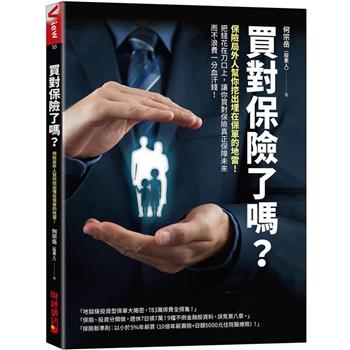| FindBook |
|
有 2 項符合
Rodriguez Fielder的圖書 |
 |
$ 1797 | The Revolution Will Be Improvised: The Intimacy of Cultural Activism
作者:Rodriguez Fielder 出版社:University of Michigan Press 出版日期:2024-10-22 語言:英文 規格:平裝 / 228頁 / 22.86 x 15.24 cm / 普通級/ 初版  看圖書介紹 看圖書介紹
|
 |
$ 5400 | The Revolution Will Be Improvised: The Intimacy of Cultural Activism
作者:Rodriguez Fielder 出版社:University of Michigan Press 出版日期:2024-10-22 語言:英文 規格:精裝 / 228頁 / 普通級/ 初版  看圖書介紹 看圖書介紹
|
|
|
|









